Plant Pests and Diseases
-
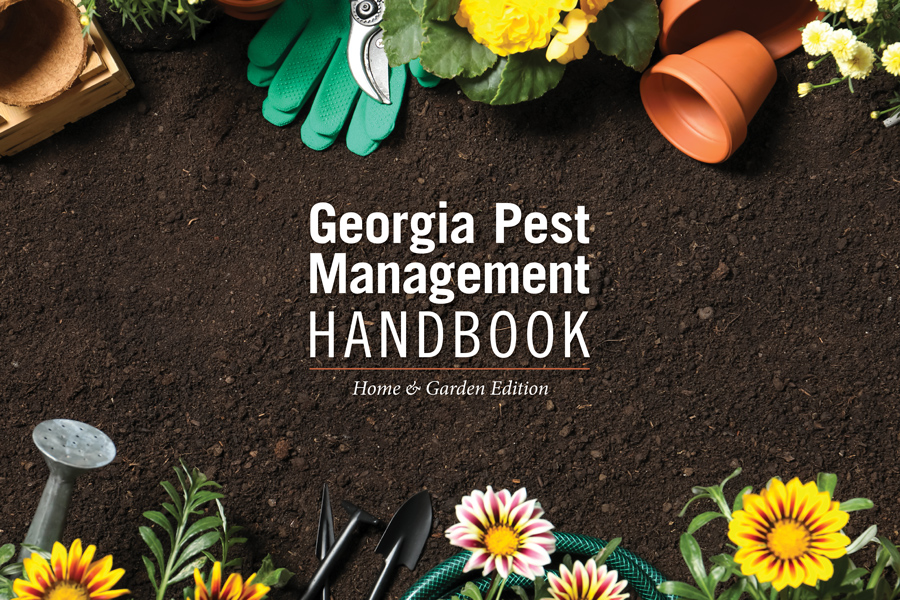
SB 48-05
Home Orchard
This section of the Home & Garden Edition covers pest control in home orchards, including apples, peaches, bunch grapes, muscadines, strawberries, blueberries, and other fruits. Beginning in 2022, the Home & Garden Edition has been updated biennially. When purchasing a product based on a first-year recommendation of the Handbook, check the current product label before purchase to be sure it is still labeled for the use for which you are buying it. For pesticide products you have on hand from earlier purchases, you are allowed to use them until they are depleted without penalty under the law. Always follow label instructions before use. Contact the product’s manufacturer for the most up-to-date label.
Harald Scherm, John N. All, Brett R Blaauw, and Allison Faye Johnson
|
-
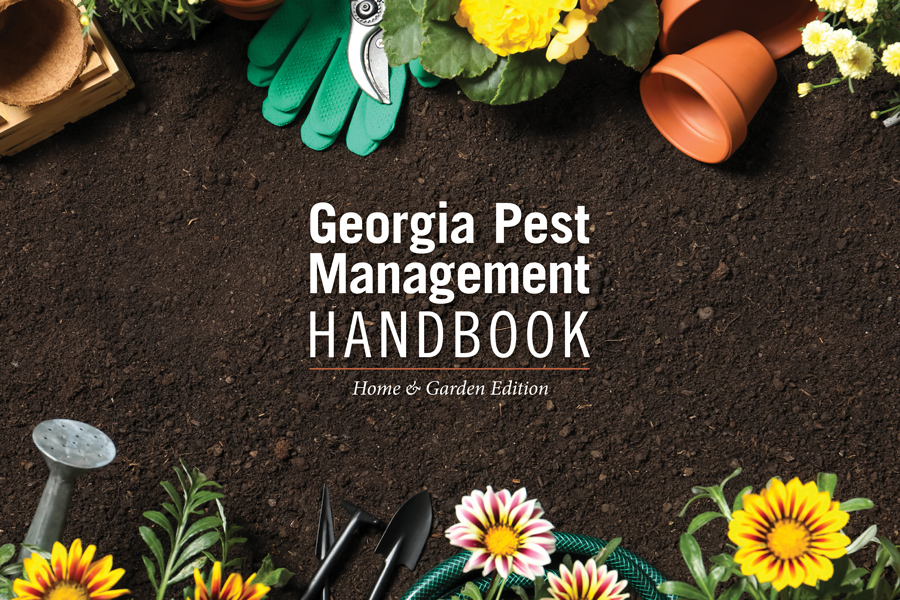
SB 48-01
Introduction and Table of Contents
Beginning in 2022, the Home & Garden Edition has been updated biennially. When purchasing a product based on a first-year recommendation of the Handbook, check the current product label before purchase to be sure it is still labeled for the use for which you are buying it. For pesticide products you have on hand from earlier purchases, you are allowed to use them until they are depleted without penalty under the law. Always follow label instructions before use. Contact the product’s manufacturer for the most up-to-date label.
Allison Faye Johnson and Victoria McCurley
|
-
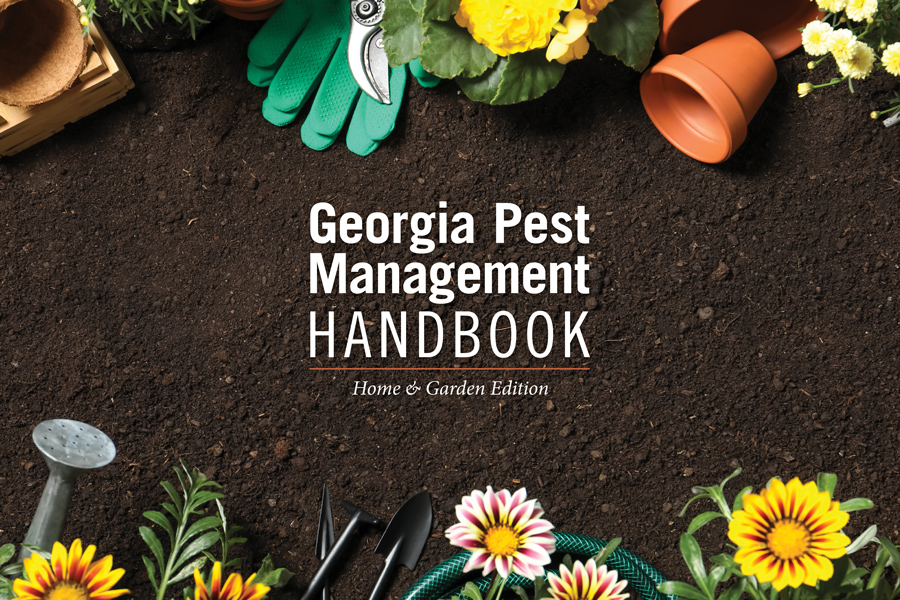
This section of the Home & Garden Edition covers what to do in the event of a pesticide emergency, important contacts such as poison control, frequently asked pesticide questions, abbreviations and equivalents, submitting specimens for identification, and instructions for calibrating various types of sprayers. Beginning in 2022, the Home & Garden Edition has been updated biennially. When purchasing a product based on a first-year recommendation of the Handbook, check the current product label before purchase to be sure it is still labeled for the use for which you are buying it. For pesticide products you have on hand from earlier purchases, you are allowed to use them until they are depleted without penalty under the law. Always follow label instructions before use. Contact the product’s manufacturer for the most up-to-date label.
Glen C. Rains, Keith S Delaplane, Gary L. Hawkins, Milton D. (Mickey) Taylor, Simerjeet Virk, and Allison Faye Johnson
|
-

The Georgia Pest Management Handbook gives current information on selection, application and safe use of pest control chemicals. The handbook has recommendations for pest control on farms, around homes, urban areas, recreational areas, and other environments in which pests may occur. Cultural, biological, physical, and other types of control are recommended where appropriate.
Allison Faye Johnson and Victoria McCurley
|
-

Whiteflies are common and recurrent insect pests of cotton in Georgia. The severity of whitefly damage varies from year to year based on the size of the pest population. The most abundant species of whitefly found infesting cotton in Georgia is Bemisia tabaci, commonly known as the silverleaf whitefly (SLWF) or sweet potato whitefly. Another species, bandedwinged whitefly (Trialeurodes abutiloneus), may also be present in Georgia cotton. This publication highlights whitefly biology, damage, sampling procedures, control methods, and tips for managing risk in cotton.
Phillip Marion Roberts, Apurba Barman, and Michael D Toews
|
-

The success of the Southeast Boll Weevil Eradication Program has played a major role in the recent revival of Georgia’s cotton industry. Along with these economic benefits, the remarkable success of the eradication program
has led to a significant decrease in insecticide use in Georgia cotton, and to substantial environmental benefits to growers and residents of the state.Phillip Marion Roberts
|
-

Detection of damaging nematode infestations may allow growers to significantly increase crop productivity and profitability. It is imperative that growers test their soil to determine which nematode species are present in their fields as well as their population densities. The best way to detect and identify nematode problems is through collecting soil and/or plant samples and having those samples analyzed in a reliable nematode diagnostic lab. It is highly recommended that, if you suspect a field has a nematode problem, test the soil and then consult with your local Extension agent or nematologist for advice on how to manage the nematode infection.
Intiaz Amin Chowdhury
|
-
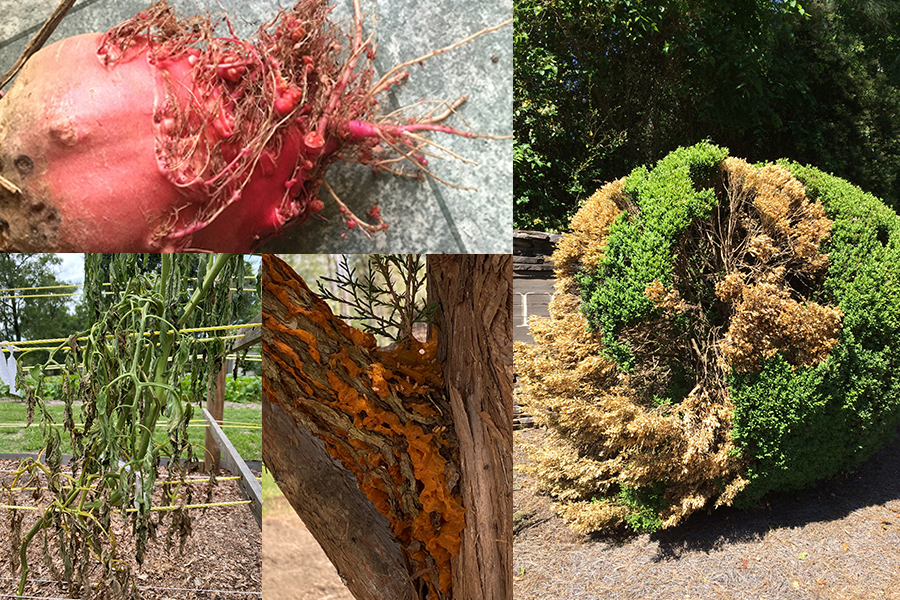
2021 plant disease losses, including control costs, amounted to an estimated $889 million. The value of the crops used in this estimate was approximately $7690 million, resulting in a 11.6% relative disease loss across all crops included in this summary. For most crops, the estimated values used to compute these disease losses are summarized in the UGA Center for Agribusiness & Economic Development’s “2021 Georgia Farm Gate Value Report” (AR-22-01). Some estimates for fruits, ornamentals, and turf rely on specialists’ knowledge of the industry and industry sources for information.
Harald Scherm and Elizabeth L. Little
|
-
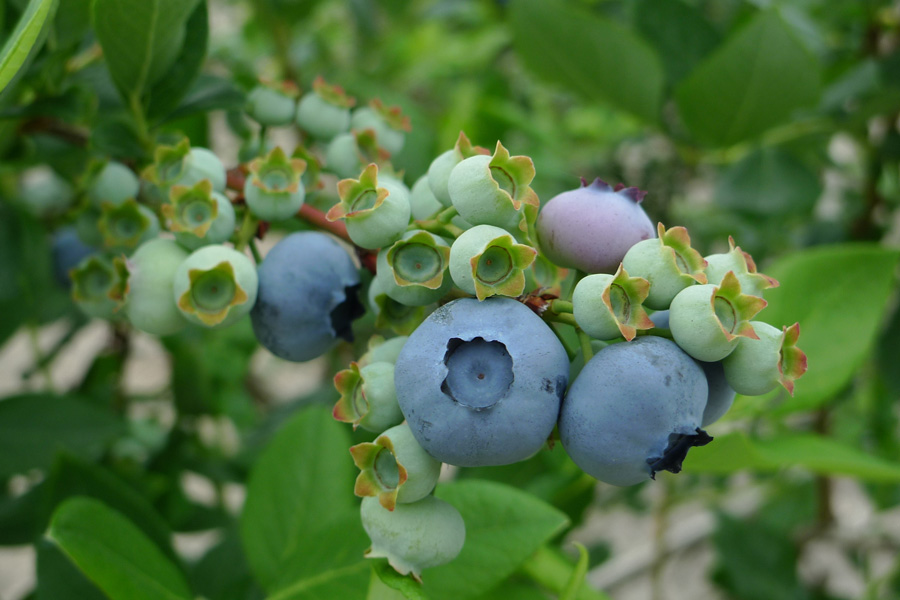
C 1278
Blueberry Production
This publication covers a brief history of the development of blueberries, plus general production requirements such as varieties, chill hours, soil considerations, etc. The southern highbush blueberry is a hybrid that requires fewer chill units compared to northern highbush types, allowing the state of Florida, southern areas, and Georgia to produce fruits in the U.S. market during March, April, and May. The development of southern highbush also has allowed the production of blueberries in countries such as Mexico and Peru.
Zilfina Rubio Ames
|